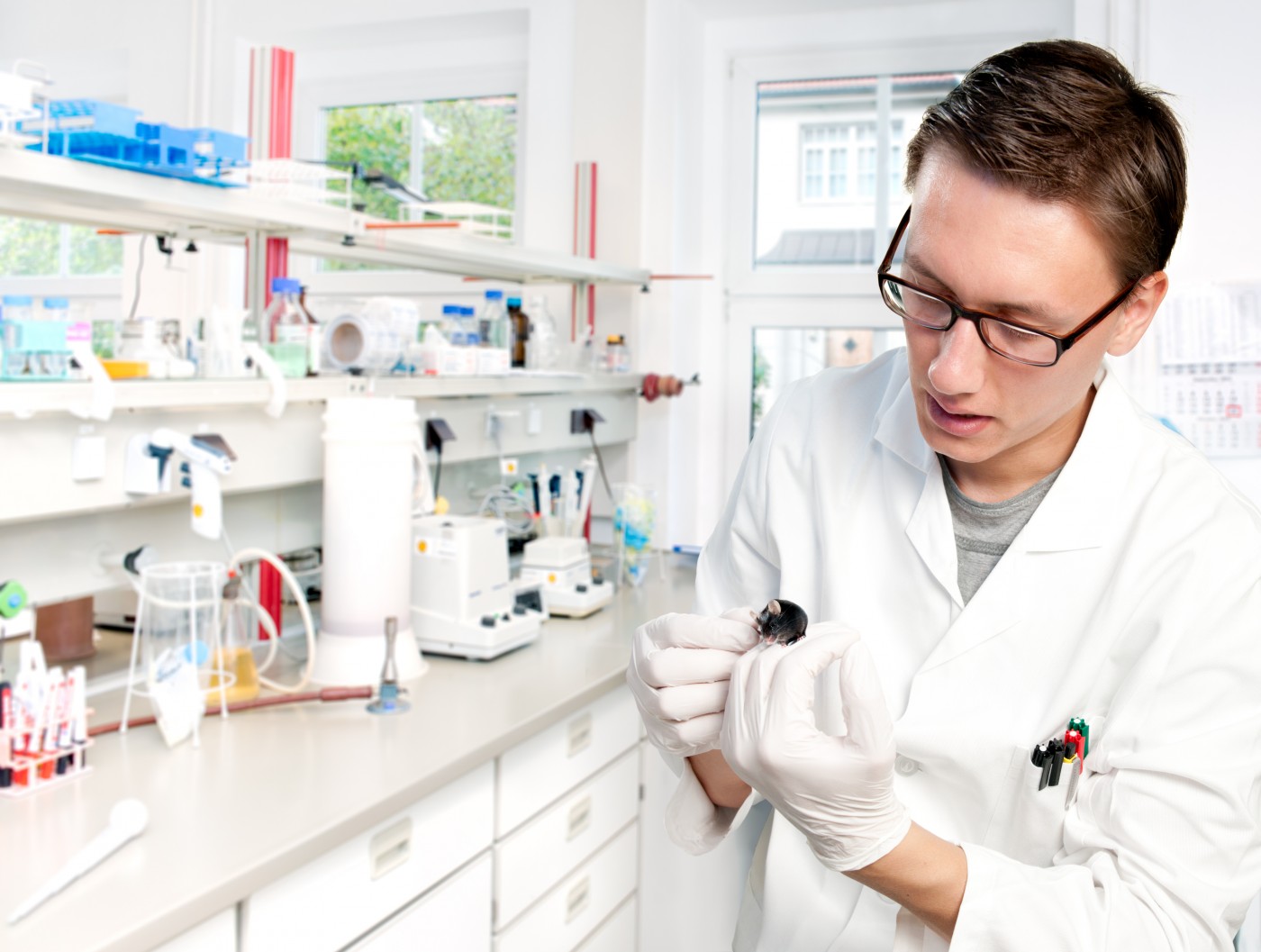Danish researchers at the University of Copenhagen have made a decisive contribution to the clinical prediction of weight loss surgery outcomes regarding treatment of type 2 diabetes.
Type 2 diabetes is a common and dangerous comorbidity of obesity, and weight loss surgery is revealing itself to be a superior treatment for diabetes, eliminating the disease in a large proportion of the patient population. Previous research had shown that the weight loss following surgery contributed to the effectiveness of the insulin action in the body, and researchers believed that better of insulin sensitivity was determinant to disease elimination. Results of this research, entitled “Preoperative β-cell function in patients with type 2 diabetes is important for the outcome of Roux-en-Y gastric bypass surgery“ and published in The Journal of Physiology, indicate that capacity of production of insulin by the cells is a decisive factor for the complete elimination of diabetes type 2 in obese patients and that the timing of surgery is of great importance.
Researchers measured insulin production ability of pancreatic β-cells prior to and following the weight loss surgery. Results show that, four months after the surgery, 57% of patients with the best insulin production abilities had eliminated diabetes, while the patients with low insulin-reducing cells showed no signs of improvement. At 1.5 years after the surgery, 71% of patients in the first group were cured of the disease, while only 38% of patients in the second group presented the same improvements. Moreover, the longer obese patients presented the disease, the less amount of insulin was being produced.
This factor was also shown to be of extreme importance in the prognosis following surgery, as undergoing the surgery at an early stage would mean an intervention before the patients lose insulin-producing capabilities completely. Professor Flemming Dela from the Center for Healthy Aging at the University of Copenhagen, Denmark, commented on the study results in a press release, indicating, “Our study shows that the patients’ ability to produce insulin is decisive for whether or not the procedure eliminates diabetes. Measuring the insulin cells’ performance before surgery can thus provide us with a much better basis from which to predict who will actually benefit from the surgery.”
This measurement is not yet included in the pre-surgery clinical evaluation of patients and prediction of surgery success. One of the hurdles is the still-to-be-generalized measurement of insulin across laboratories. Researchers recommend more studies before the test moves to a clinical setting.


